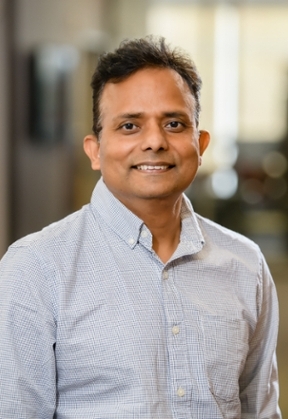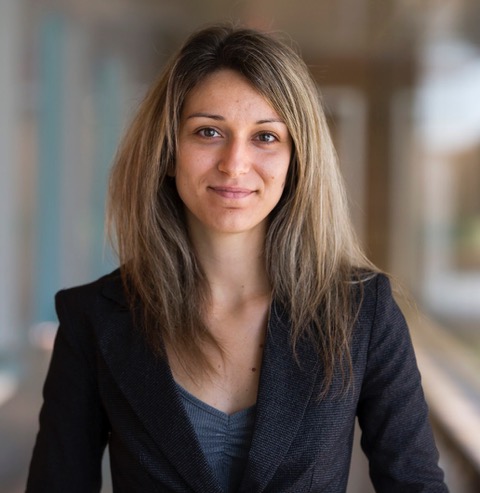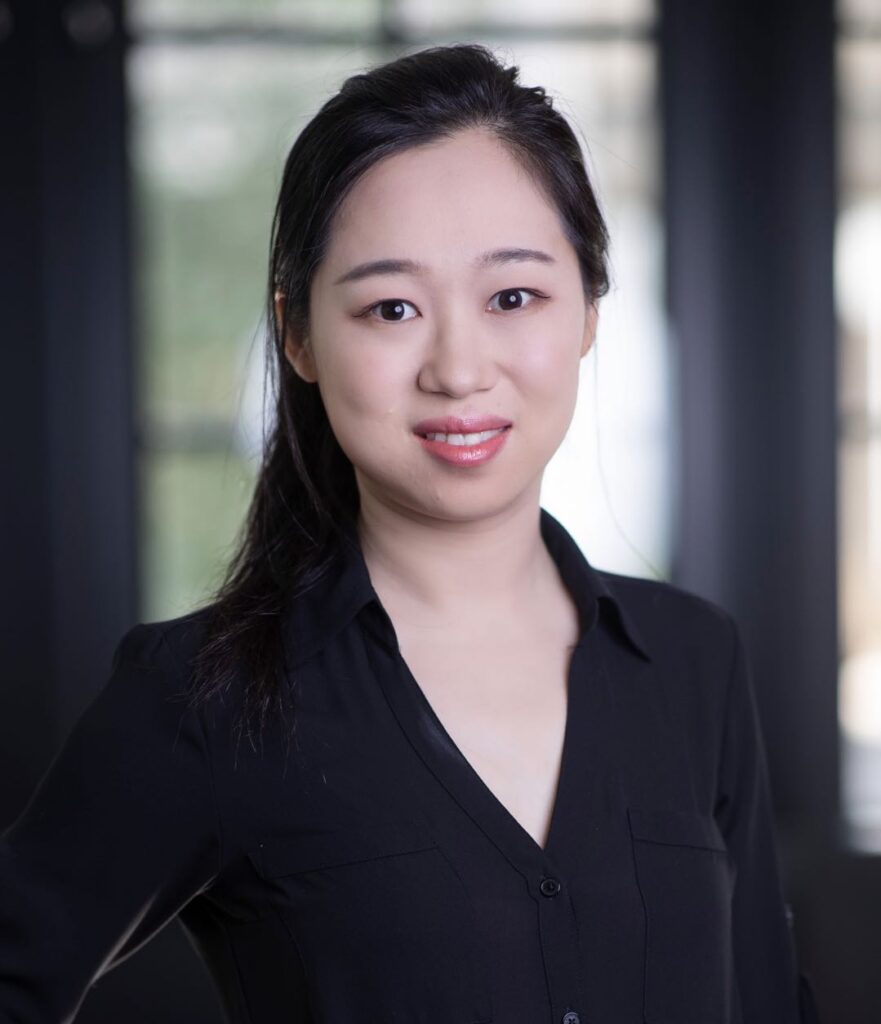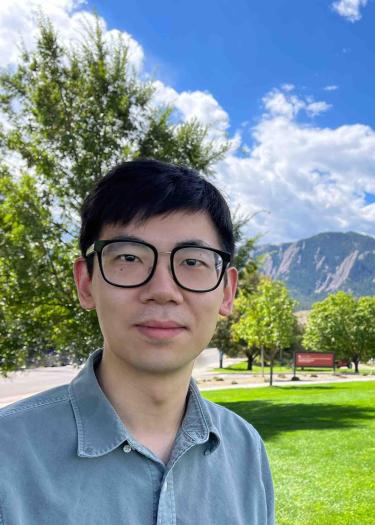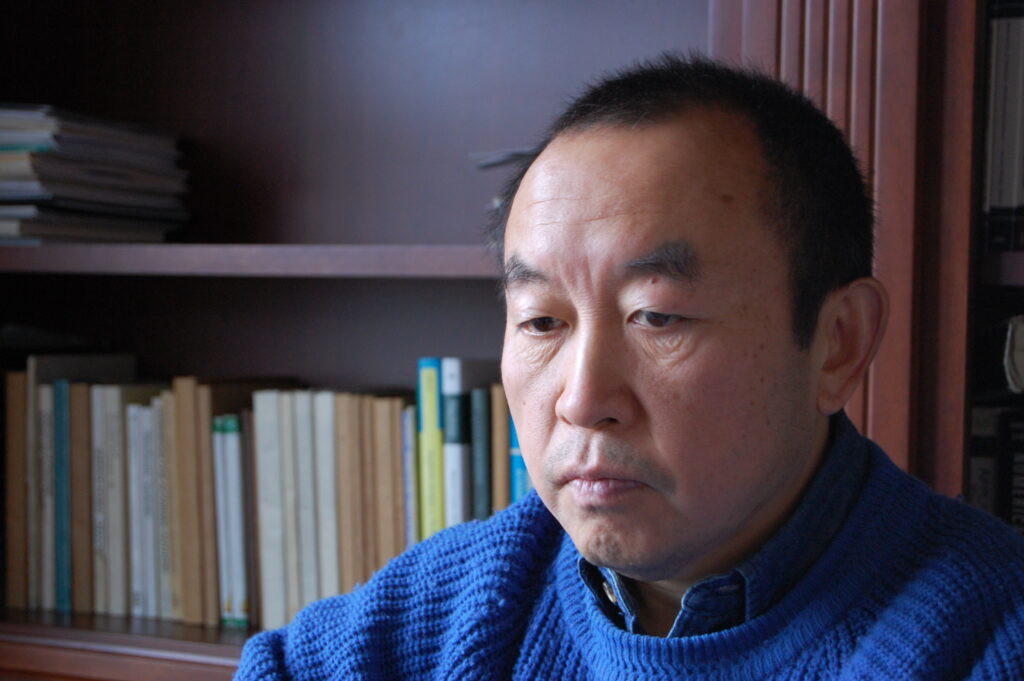November 2, 2023, 3:30 pm – 4:30 pm
Location: Student Success Center Cleary Theatre

Jr-Shin Li
Newton R. and Sarah Louisa Glasgow Wilson Professor
Department of Electrical and Systems Engineering
Washington University in St. Louis
Abstract
Recent years have witnessed a wave of research activities in systems science and engineering toward control and learning for dynamic population systems. This shift was geared by numerous emerging and ever-changing technologies from neuroscience, biology, and quantum physics to robotics, where many control-enabled applications involve manipulating a large ensemble of structurally identical dynamic agents. Such ensemble control tasks are challenged by the underactuated nature where control and observation can only be made at the population level. In this talk, problems of functional and distributional control of ensemble systems with respect to different types of aggregated measurements related to system labels will be discussed. The moment kernel machine transforming these vast-scale (infinite-dimensional in the limit) control problems to a dual space of the state space will be introduced. This moment transform quantizes ensemble systems and reveals distinctive structures which enable tractable systems-theoretic analysis, computation, control design, and dynamic learning. The generalization and connection of the moment kernel method to optimal transport, data-driven control, and control on fibered manifolds will be illustrated.
Biography
Dr. Jr-Shin Li is Newton R. and Sarah Louisa Glasgow Wilson Professor in the Department of Electrical and Systems Engineering at Washington University in St. Louis, where he also holds a joint appointment in the Division of Computational \& Data Sciences (DCDS) and the Division of Biology \& Biomedical Sciences (DBBS). Dr. Li received his B.S. and M.S. from National Taiwan University, and his Ph.D. in Applied Mathematics from Harvard University in 2006. His research interests lie in the areas and at the intersection of systems, computational, and data sciences, and their applications to biology, neuroscience, quantum physics, brain medicine, public health, and control engineering. He is a recipient of the NSF Career Award in 2008 and the AFOSR Young Investigator Award in 2010. He is currently Associate Editor of the SIAM Journal on Control and Optimization (SICON) and Editorial Member of Nature Scientific Reports.

